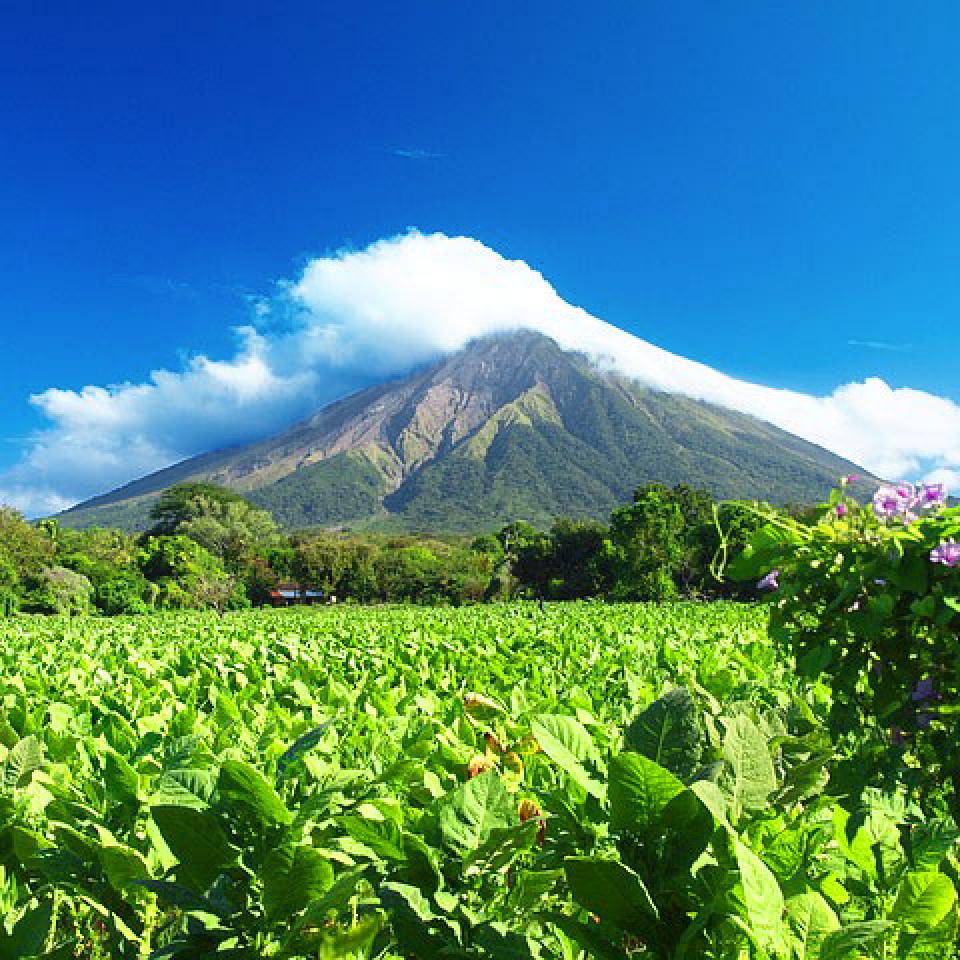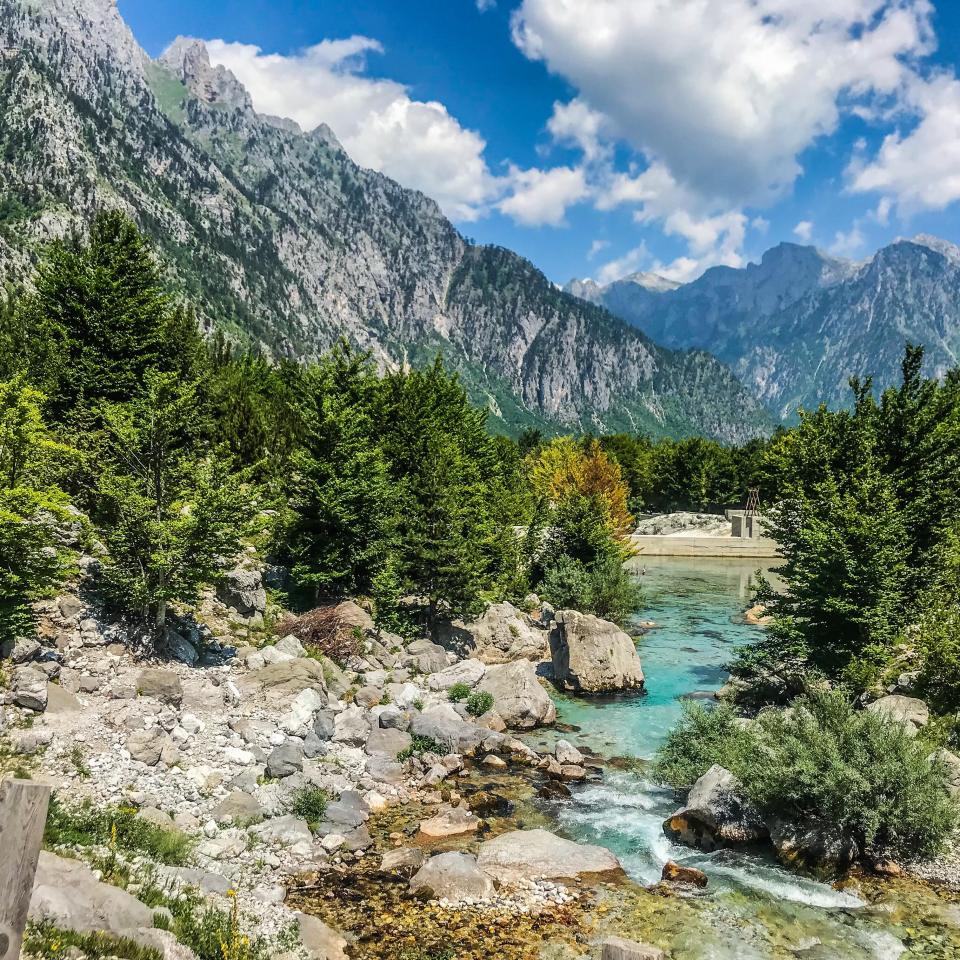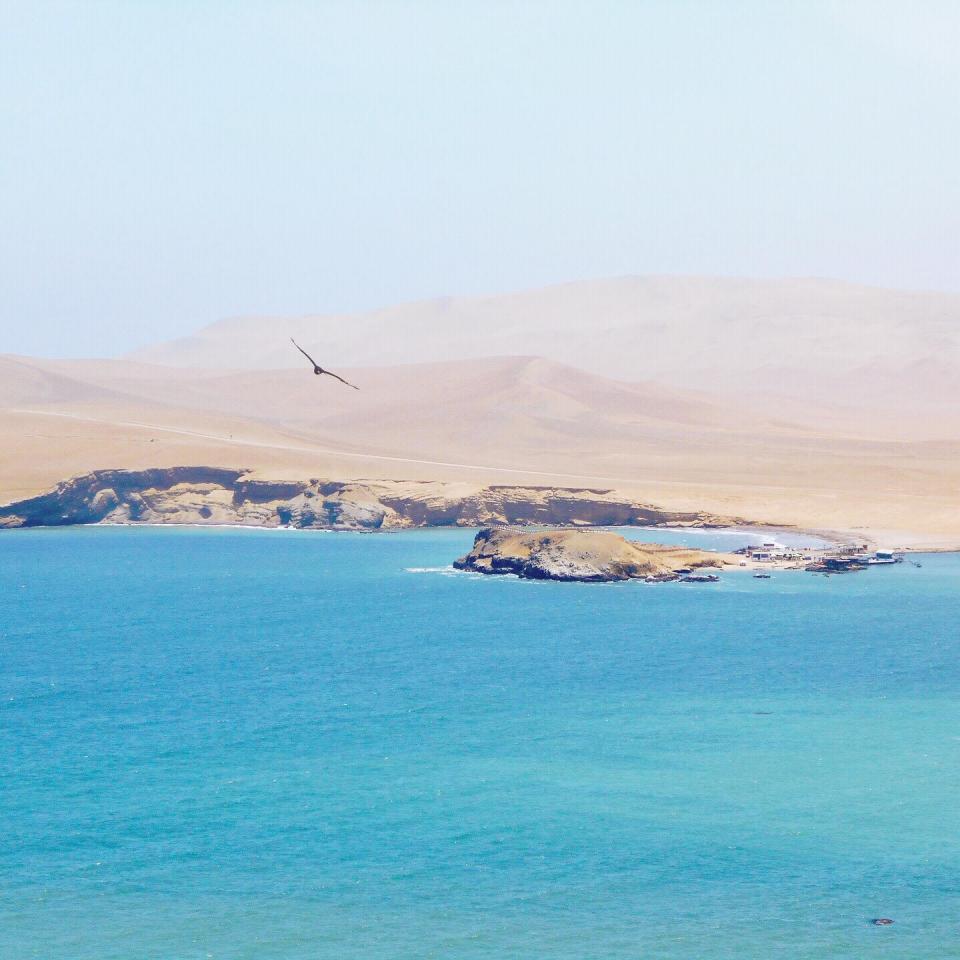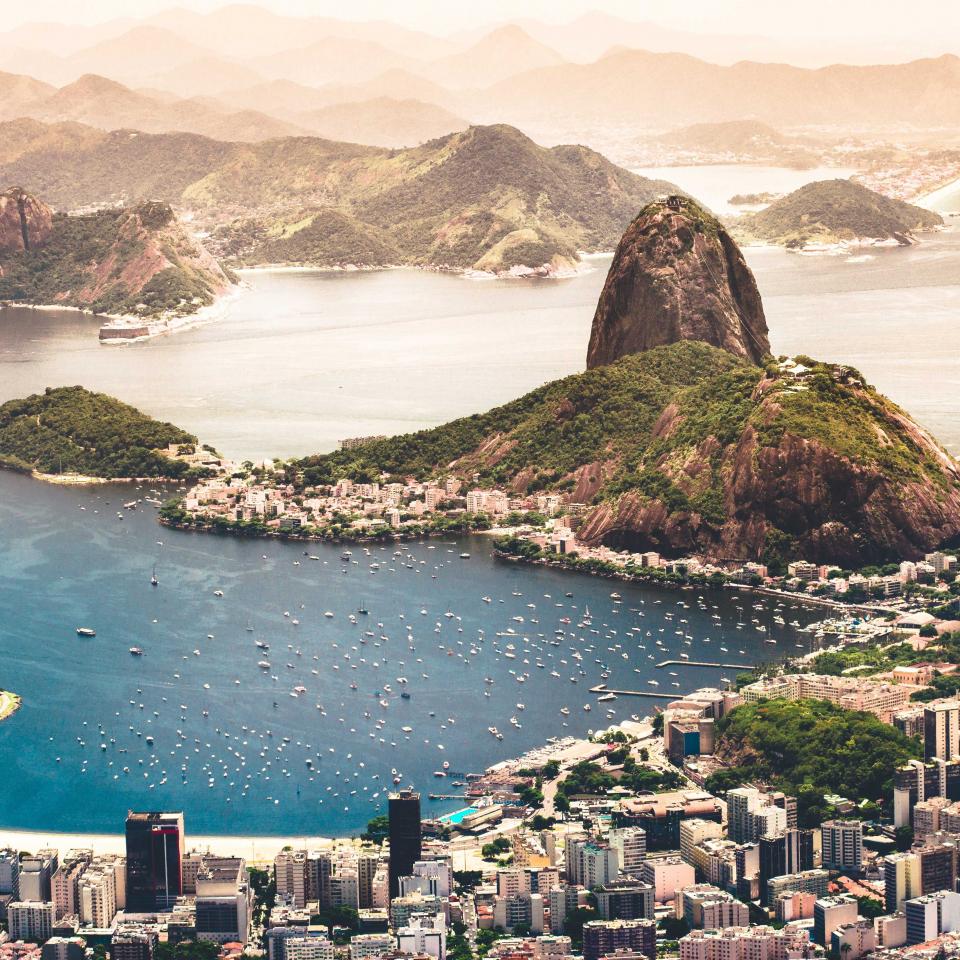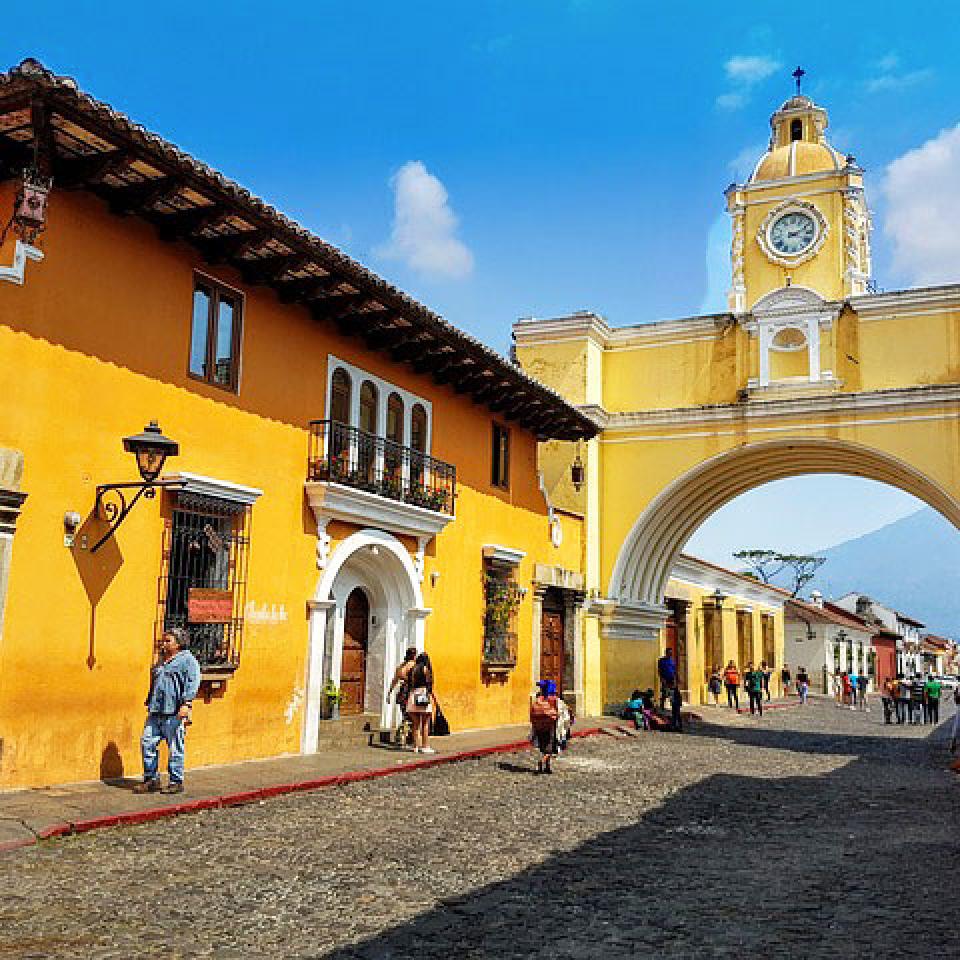Each of us sees the world through a different lens.
What we forget to notice is that, from an early age, this lens is defined by our cumulative life experiences. Our gender and race identities. The place we grow up, the social circle we live in and our personal beliefs. All of this is what shapes the way we see and experience the world.
We like and are fascinated by stories by nature. After all, our entire journey is made up of stories and storytellers. But what happens then is that most of the time, these stories are shaped by the lens of the storyteller. And like any existing lens, it also has a distortion.
From an early age, we have been made to believe that the image of the world presented to us is unique: A world from the perspective of the dominant culture. A world in which repeated, limiting and uninformed images can often lead to stereotypes of other cultures or nations.
This unique image of the world presented to us impacts us far more than we even imagine. An example of this is common among us travelers. Let me ask you, how many times you have arrived in a country and found that everything you thought you knew about it was wrong? How many times have we discriminated against someone just because they didn't dress like us?
It sounds silly but for us to learn the importance of diversity we must first know diversity.
And one of the most powerful and simple tools we have to do this is by traveling.
When I went to the northeast of Brazil, in the countryside I met a man who tried to tell me a story.
His toothless smile, his plaid shirt, and the way he drank his glass of rum didn't distract me than one detail. How surprised I was that I couldn't understand someone who spoke my own language. I was 13 when I was facing a language barrier for the first time.
When I was in Italy, on the top of the mountains, I met this woman who lived there.
She told me her story and how unhappy she was to live there and not have the courage to go out into the world and do what she really wanted to do. She told me all of this while we seated at a table with good tea and cake from that morning, having the mountains as our own private postcard. That day I wondered why so often we forget to look at all the good we have around us because we focus too much on the bad.
When I went to Argentina, I met this taxi driver who spoke a lot.
She drove and gestured impatiently. She spoke badly of the government, spoke bad of her husband, spoke bar of her neighbor. I saw all those wrinkles on her forehead and for the first time, I noticed that there are so many people who talk a lot but say nothing.
When I went to Cambodia, I met a monk who told me the story of the Buddha.
His look of serenity, the almost unchanging posture, the gentle smile with each word. I felt as if I could hear those stories for hours because it was the first time I have seen a religion that resonated with my soul.
When I went to England, I boarded a bus to Stonehenge.
There I met a man with very white hair and a funny mustache. He told me everything he knew about the magic of that place. The sparkle in his eyes and the clasped hands holding his cane made me believe in magic too. But that was to me, the power that we all have to believe.
When I reached the Moroccan desert, I sat on the bonfire to the sound of drums in the starry night.
There I met two men who told me the story of their people. The men laughed as they smoked their hookahs. The turbans on their heads reminded me all the time how much the way we dress changes in every place of the world. And our laughs together reminded how despite that, we are all still the same.
When I went to Thailand, I met a French photographer.
He told me story by story of several of his recent photographs taken on his journey through India. He described to me precisely the details that marked him in each picture. And he could remember exactly the story of each one. He made me question why I was keeping so many of my stories, only to myself.
When I went to Holland I met this girl, who told me stories every day.
She would laugh, run, jump around, mime and cry. It was with this girl and all her freedom to express herself that I was reminded of some of our greatest superpowers as children. The power of being who we want to be.
While I write all these stories down, I stop for a second and wonder if have I actually met all this people. Or if this is just me being also a storyteller myself? All these stories, with their many different storytellers and their characteristic ways of putting them into words, have marked and continue to mark the library of my life to this day.
Each of these characters showed me over and over, that there is no such thing as just one version of the world. There are thousands and thousands of them.
Storytelling was, is and should always be a universal experience. In knowledge communities, knowledge is built through narrative and shared practice. When we share knowledge, we are sharing our ancestor’s stories. We are sharing stories of those who will still come to this world.
I believe we would live in a better world if we could all acknowledge the importance of this diversity in storytelling. If we could gather more and more people to tell us stories through their lens. People who will be part of my story, part of your story, part of the story of this world.
People like me. And people like you.
Jess

